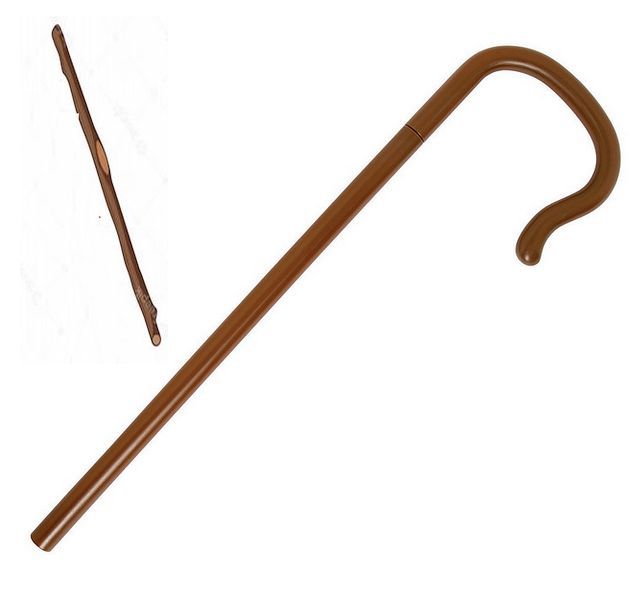
Part II
A series of articled discussing the meaning and context of personal suffering in life.
"There Are No Questions in the Afterlife"
Yalkut Me'am Lo'ez tells that the Ramban once visited an ailing disciple. Seeing him about to depart this world, he said:
"Listen to me, my son. Know that in the Upper World there is a palace of judgment over which the Shechina presides. Here, take this kameya charm which will open before you all the gateways of Heaven. When you reach the uppermost palace, be so good as to ask these particular questions. They concern the welfare of our people and have troubled me for some time."
He then made him promise to return in a dream and report what he had heard.
The disciple passed away shortly after. One day, the Ramban was sitting by the window, studying Torah, when the figure of his late disciple materialized before him.
"Rebbe," he said, "wherever I went, your charm served to open the gateways and gain me entry. I rose higher and higher until I reached the palace of which you spoke. But when I sought to ask the questions you had prepared, I immediately realized that there were no questions in that World of Truth. Everything was so clear and obvious, so just and straightforward that the questions were irrelevant."
"A Person is Ennobled Through Suffering and Trials"
The Hebrew word for `test,' nisoyon, has a double meaning, notes the Chofetz Chaim, and does not only denote a trial.
The Zohar explains that the word nes also denotes a banner, something held high as a signal and symbol. Both of these meanings complement one another, for a person who withstands a trial and draws out his potential becomes a symbol, an exalted and outstanding being.
This thought illuminates the verse in Devorim: "For the purpose of punishing you, for the sake of testing you to improve you in the end." The purpose of suffering is to see if Jews are wholly dedicated to Hashem, and through it, to elevate them above all nations by virtue of their having passed the test.
This rule holds true in each generation and for every single person. When Hashem seeks to elevate a person spiritually, He first tests him. As our Sages said, "Hashem does not raise a person to greatness before previously testing him." The test itself shows a person of what he is capable and thereby elevates him. We find that Rav Yosef, son of R' Yehoshua, heard from heavenly sources that no person was able to stand on equal footing with the martyrs of Lod.
Elevation is not only attained through martyrdom but also by all forms of suffering that a person undergoes for Hashem's sake. The gemara teaches: "Hashem gave the Jewish people three gifts. All of them are acquired through suffering. They are: Torah, Eretz Yisroel and olom Habo."
"It is worth noting," concludes the Chofetz Chaim, "that the days which a person serves Hashem through tribulation are etched permanently for his eternal merit and good name." This is credited to him as if he showed kindness unto Hashem, as the Torah explicitly says: "I remember for you the kindness of your youth, the love of your betrothal, your following Me in the wilderness, in a land that was not sown."
"The Great Gift That Hashem Granted Me"
The introduction to Maalos HaTorah tells about the author, who was the brother of the Vilna Gaon:
In his final weeks of life, R' Avraham was very sickly and suffered excruciating pain. He developed pressure sores that bored holes into his flesh, but not a sigh of complaint was heard escape his lips. His son, however, could not bear to see his father suffer so and burst into tears. "Woe unto me for having seen you thus," he wept.
R' Avraham rebuked him angrily and said, "Why are you weeping over the great gift which Hashem has granted me? If I had the strength, I would dance and frolic to the merriest music to express my joy at the favor which Hashem sent my way through this suffering, while you bemoan the pain which is actually a boon!"
The very thought cheered him and his joy accompanied him throughout until his soul departed.
"You Reduce a Person to Contrition and say: Repent, You Son of Man"
R' Chaim Shmuelevitz told of a woman who was offered the match of an outstanding Torah scholar for her daughter. She was opposed to the suggestion since she claimed that he limped. A short while later, as she was serving her husband a glass of warm milk, she slipped and fractured her leg.
After introspection, the woman concluded that this was a punishment for her having served her husband milk before prayers, and completely ignored the possibility that it had happened as a punishment for her having rejected the scholar.
This error resulted because people are blind to their own faults and often reach false conclusions.
Punishment, says R' Chaim, is meant to teach people a lesson. And because it parallels the sin, it attempts to indicate the area which a person must mend.
This is amplified by Rashi on the verse, "And the men who slandered the land died in a plague before Hashem." Their death was meted measure for measure. They sinned through their tongue and were punished that their tongues extended until their navels. Worms crawled out from their tongues and entered their navels. This is the meaning of "before Hashem": their punishment tallied with the judgment passed by Hashem, that is, measure for measure, in order to teach others by example.
This is what HaRav Shach said in his eulogy on R' Shemaryahu Greineman:
"When Hashem reduces a person to his limit of endurance, the purpose is so that he — and others — will take heart and repent."




